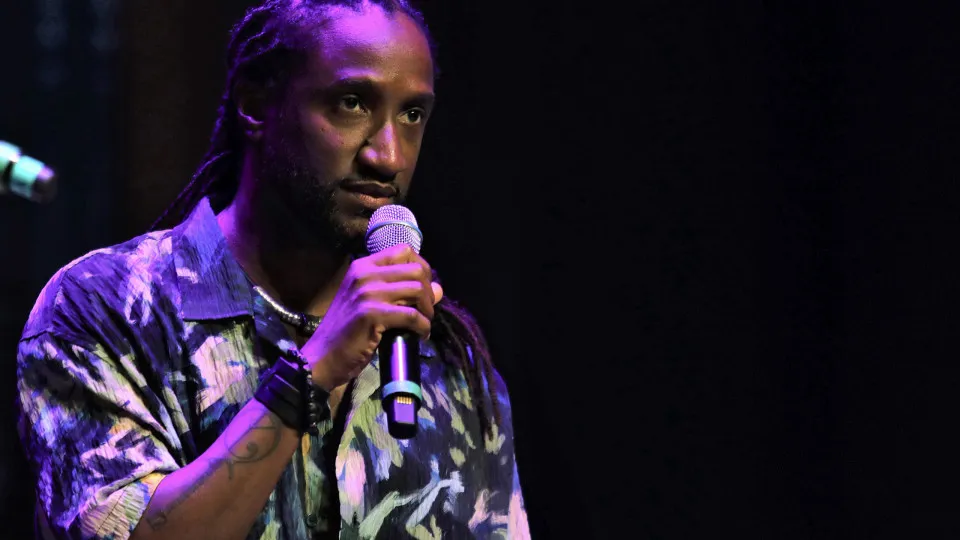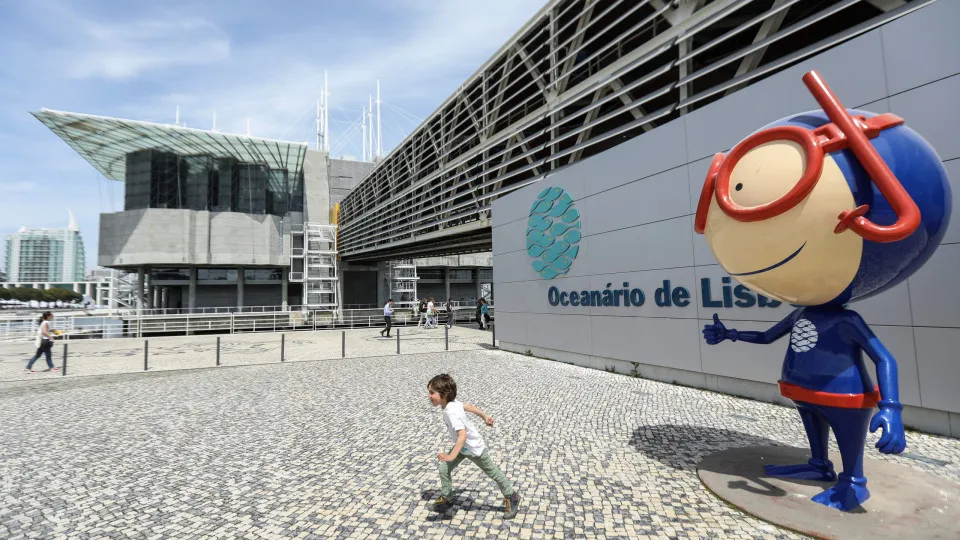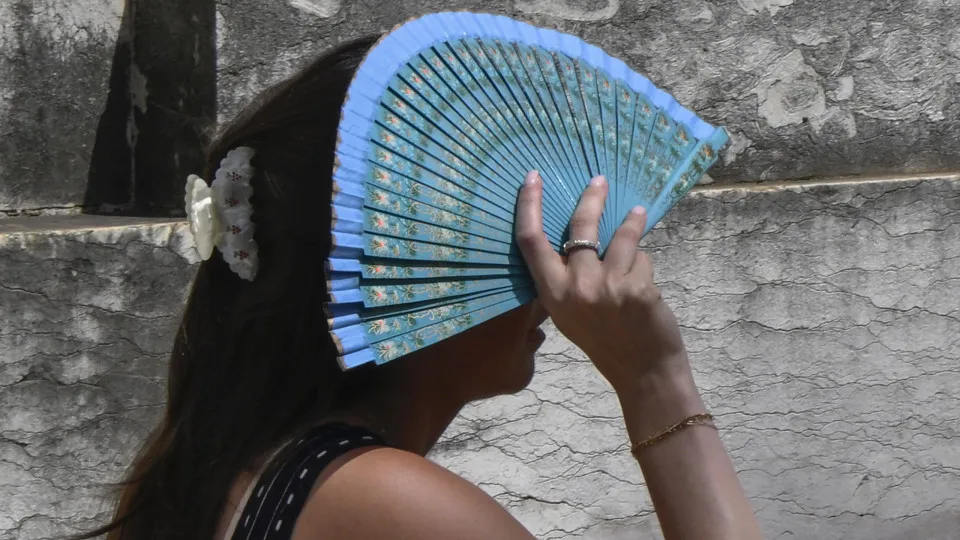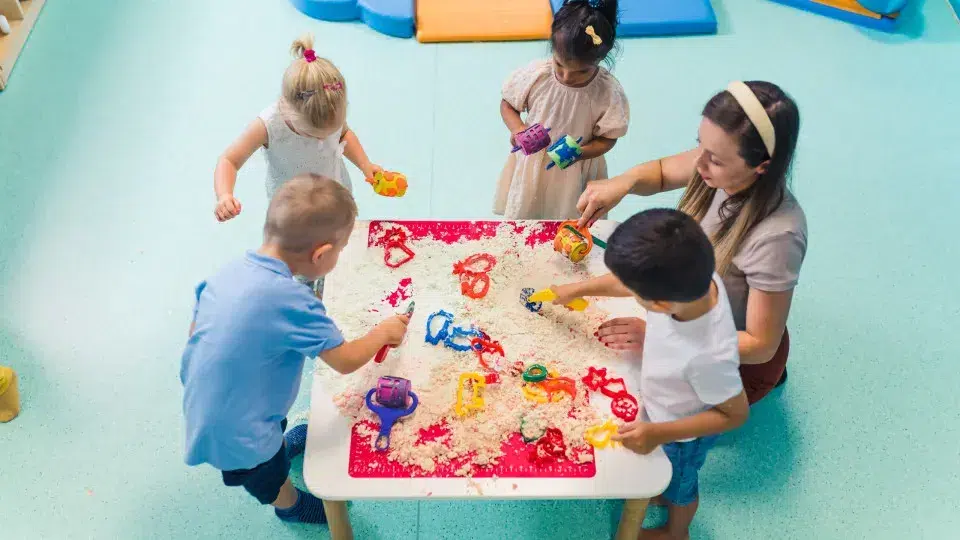
Musician Remna criticized Portugal’s silence regarding ongoing issues in Guinea-Bissau, stating that the country should reflect on its responsibilities. “While our people are struggling and searching for solutions, Portugal needs to take a clearer stance. We must continue to work as a nation to realize our democratic vision,” he stated in an interview in Maputo.
Guinea-Bissau’s President Umaro Sissoco Embaló dissolved the country’s parliament in December 2023, prior to the 12-month period after elections won by the Platform Inclusive Alliance (PAI-Terra Ranka), led by the African Party for the Independence of Guinea and Cape Verde (PAIGC).
Journalists from Lusa, RTP, and RDP were expelled from Guinea-Bissau on August 15, and broadcasting was suspended following a decision by the Guinean government, which has scheduled legislative and presidential elections for November, in which the current President is expected to run.
In light of these events, Remna urged Guineans to find solutions, while condemning Lisbon’s silence. “Portugal has remained very quiet on certain issues, leaving people questioning what is truly happening in the background and why things are being allowed to unfold as they are,” the musician critiqued.
Born in Senegal to a Cape Verdean mother and the late Guinean musician José Carlos Schwarz, Remna has a successful music career with three albums and involvement in cinema through soundtrack production.
He was in Mozambique’s capital to participate in a musical event marking the end of an artistic residency, which brought together artists from Angola, Cape Verde, Guinea-Bissau, Mozambique, Portugal, São Tomé and Príncipe, and Timor-Leste. The initiative was funded with one million euros by the European Union, the Camões Institute, and the Calouste Gulbenkian Foundation through the PROCULTURA Program.
The musician criticized the electoral processes in Guinea-Bissau, advocating for “fair and monitored” upcoming elections, as he believes the current processes are not meeting expectations and are not respecting democracy.
Remna also called upon Guineans to develop internal solutions for the country’s political situation, recalling the visions of figures like his father, João Carlos, and Amílcar Cabral.
“Guinea-Bissau is witnessing a decline in freedom of expression, and political issues need more balance to ensure economic and cultural consistency, as culture has greatly suffered due to governance imbalances,” he added.
Assessing democracy across Africa, Remna noted its growth, with populations increasingly questioning leadership and gradually realizing the vision of ancestors who led anti-colonial liberation movements.
“Despite political disturbances not only here in Mozambique but also in Guinea-Bissau and other countries, we are slowly awakening to the idea of Africa’s liberation and achieving the vision leaders like Amílcar Cabral and Nkrumah had for us,” commented the musician.
Remna Schwarz emphasized the need to break the “silence” around African issues, urging continued testimony on what is “happening around.” He concluded that cultural and street demonstrations are vital, reflecting the people’s awareness and alertness.




